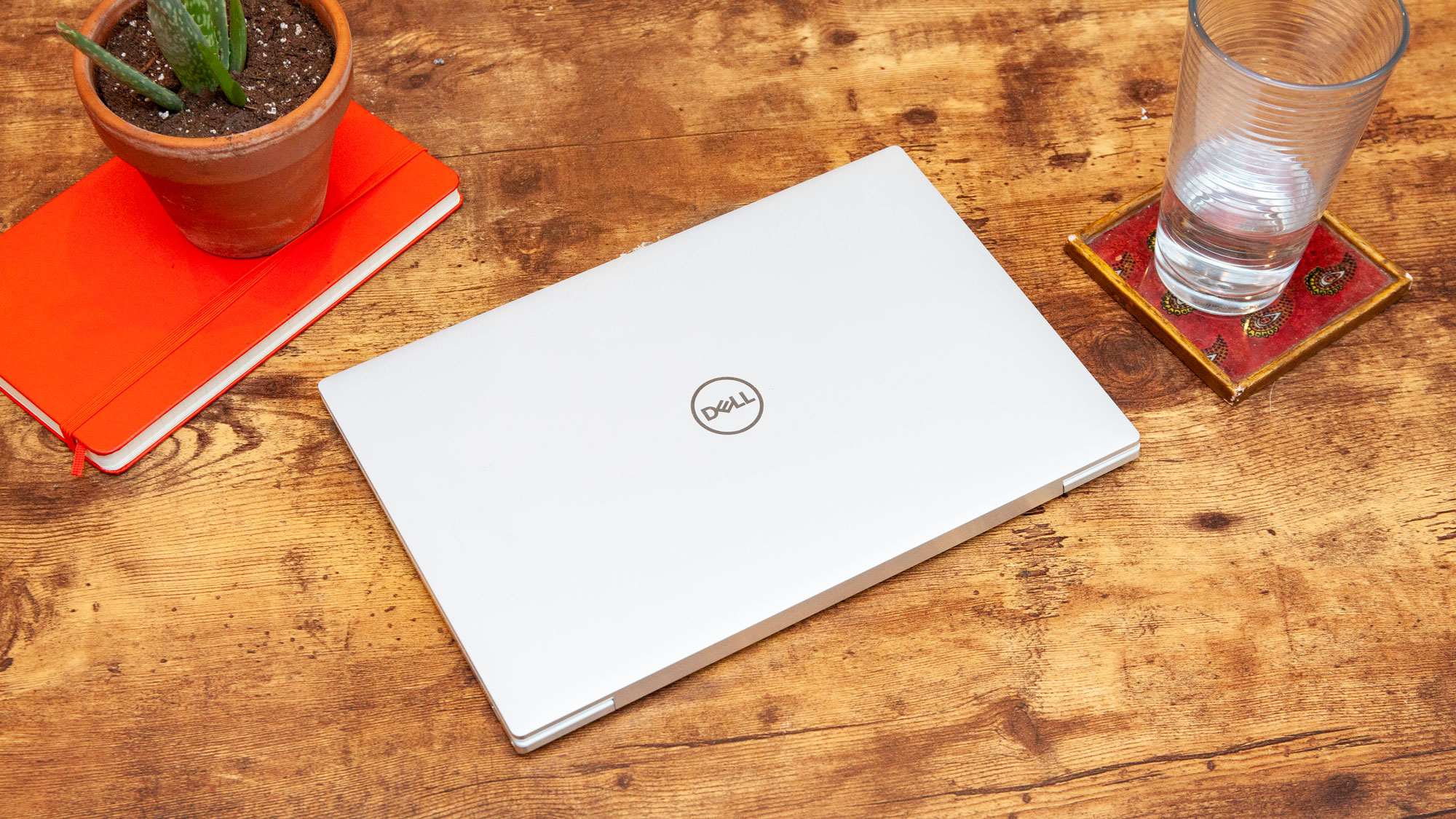If you are considering buying a laptop for a student, here are some factors or features that you may want to consider before reducing your hard earned money. These are just some of the goal setting shareware that you can use to make the best laptop for your student. best gaming laptops under 3000 dollars for more details.
So here are some things to consider when buying a student notebook or laptop:
- Strong
You will need a strong, rigid laptop computer as the student environment can be uneven and unpredictable. If you want to use a laptop in extreme situations, you may want to consider a notebook. Make sure the laptop you choose handles student environmental conflicts and crashes.
- Portable
Student laptops must be portable for use in the classroom, with good battery life. It should be smooth and small enough to fit snugly under the arm or bag. As laptops become more and more compact, it should not be difficult to find a laptop that meets your needs. The Internet is now a valuable resource in any student’s life, so make sure you have a proper wireless connection.
- Performance
Performance should meet your needs. Choose a laptop that has enough performance and power to perform all the tasks of your computer. Again, the functionality of laptops has increased tremendously and is now on par with desktop computers. But check the laptop’s processor (CPU), RAM, hard drive and OS (operating system) of your choice and make sure they meet all the needs of your student.
- Economic laptops
Economics always plays a role in the life of any student, so you should go shopping and find a good quality cheap laptop. Again, finding a good cheap laptop computer should not be a problem as the price of laptop is constantly falling. Don’t waste used or upgraded laptops as they are usually too much.
Profit
- Theft and security
Theft and security of the laptop should be taken into consideration while buying the student’s laptop. Fortunately, most laptops now come with a number of security measures, such as fingerprint insertion or face recognition software, as seen on the latest Lenovo laptops. In addition, when using a stolen laptop for Internet access, you should check for other security measures, such as anti-theft software such as LoJack, which can access your laptop or computer via an IP address. Can find
Here are some tips to keep in mind when buying any type of laptop, student or otherwise:
- CPU processor
The central processing unit or processor of any laptop or computer is important. Check to see how much power and speed you have. Many laptops now come with Intel’s dual-core processors that work well for even the most demanding students.
- Ram
RAM or random access memory is an important component of your laptop. This will usually determine
How fast is your laptop running (with CPU and hard drive speed). The more RAM you have, the better, but remember that 32-bit systems can only use up to 4 GB of RAM, while 64-bit systems can use up to 8 GB or more.
To run Windows XP, Microsoft recommends a minimum RAM requirement of 128MB.
For better Mac OS X systems you will need at least 128 MB but try 512 MB for best performance. Linux works well on systems with 4 MB RAM. For Windows Vista – Microsoft recommends at least 1 Gig RAM, but most users report Vista smoothing out 2 to 3 RAM.
- Graphic card or GPU
If a student handles heavy graphics (other than video games) with their educational activities, the type of graphics card you buy is important. If you can afford it, go with the latest GPUs offered by NVIDIA and ATI. There will be another option for dual graphics cards.
Maximum graphic performance.
- Exhibition
The display on the student’s laptop is also important. Most students prefer a slide or convertible display, which makes it easier to take notes. Even tablets should be considered if you are tracking the basic purpose of your laptop. Otherwise make sure the display is crisp and large enough to suit your needs.
- The value of money
It pays to shop around and make sure you get the most out of your money. Comparison shopping is the best way to do this. Make sure you get a good price for the laptop you buy. Compare CPU, RAM, hard drive, and performance to see how much you pay for each feature.

